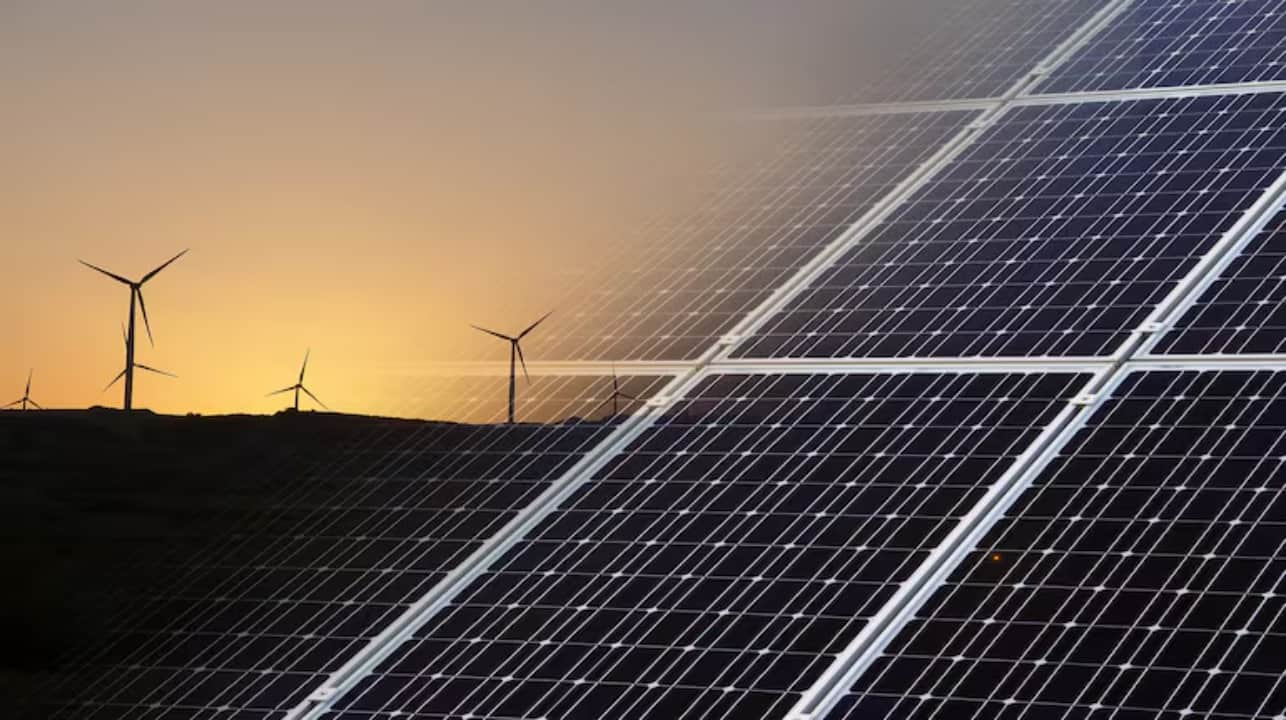 |
|
The Indian Renewable Energy Development Agency (IREDA) Ltd. announced a significant financial maneuver on January 23rd, 2025, revealing plans to raise up to Rs 5,000 crore through a qualified institutional placement (QIP). This strategic move, approved by the company's board, aims to bolster IREDA's capacity to finance renewable energy projects across India. The QIP, a method of raising capital by issuing shares to institutional investors, represents a considerable injection of funds into the company's operations. The government's stake in IREDA, currently at 75 percent, will see a dilution of no more than 7 percent as a result of this fundraise. This controlled dilution ensures the government maintains a significant ownership share while allowing for the necessary influx of capital.
The timing of the QIP aligns with IREDA's broader strategy to enhance its financial standing and accelerate its contributions to India's renewable energy sector. The company's CMD, Pradip Kumar Das, had previously confirmed to CNBC-TV18 that the QIP was on schedule for the fourth quarter of fiscal year 2025, demonstrating a proactive approach to securing funding. The intended capital infusion is expected to significantly strengthen IREDA's ability to underwrite larger-scale renewable energy projects, thereby contributing directly to India's ambitious goals for clean energy adoption and environmental sustainability. This move will likely allow IREDA to play a more substantial role in funding solar, wind, and other renewable energy initiatives across the country. Such an increase in capital would enable them to expand their portfolio and support a more rapid transition to clean energy.
Despite the positive implications of the QIP for IREDA's long-term growth and India's renewable energy goals, the market reacted negatively to the news. IREDA's shares experienced a dip, trading 1.08 percent lower at Rs 198.10 per share on the National Stock Exchange (NSE) on the day of the announcement. This decline may be attributed to various factors, including broader market trends, investor sentiment, or concerns about the dilution of government ownership. However, the long-term prospects for IREDA remain favorable given the significant growth potential in India's renewable energy sector. The successful execution of the QIP would inject substantial capital into the company, facilitating the financing of an increasing number of crucial renewable energy projects, contributing to the overall expansion of India's clean energy infrastructure and its environmental sustainability goals. The discrepancy between the announcement's positive implications and the market’s immediate negative reaction highlights the complexity of market dynamics and the challenges of predicting investor behavior.
The decision to proceed with the QIP underscores the Indian government's ongoing commitment to expanding renewable energy infrastructure. By empowering IREDA with increased financial resources, the government seeks to expedite the transition towards cleaner energy sources, reducing carbon emissions and mitigating the effects of climate change. The success of the QIP and its subsequent impact on IREDA's operations and India's renewable energy landscape will be closely monitored by investors and stakeholders alike. The financial performance of IREDA in the coming quarters will serve as a key indicator of the effectiveness of this capital-raising strategy and its contribution to India's renewable energy aspirations. It will also demonstrate the market’s reaction to this type of large-scale capital injection into a state-owned entity operating within the renewable energy sector. The outcome will be valuable data for other companies considering similar growth strategies.
Overall, the IREDA board's approval of a Rs 5,000 crore fundraise via QIP signifies a significant step forward for India's renewable energy sector. While the immediate market reaction may not be wholly positive, the long-term benefits of this financial strategy are expected to be substantial. The success of the QIP will contribute to a broader shift toward cleaner energy sources, improving the country’s environmental profile and bolstering its commitment to sustainable development. Further analysis will be needed to fully understand the market’s reaction and the overall long-term impact of the fundraise on IREDA and the renewable energy sector in India. The coming months and years will offer a clearer picture of the QIP's effectiveness and the resultant implications for both the company and the nation's clean energy goals.
Source: IREDA board approves fundraise of up to Rs 5,000 crore via QIP, shares in red
